Ensure fair compensation for road crash victims

In a country where so many people are killed or injured in road crashes—with the Bangladesh Passengers' Welfare Association citing 105,338 deaths and 149,847 injuries from 2014 to September 2024—the importance of compensation for the victims cannot be overstated. Yet, it is disheartening to see this basic measure of justice being denied to most victims or their families. For the families losing their primary breadwinners, the effect is particularly devastating as they have to grapple with the financial and emotional tolls of a tragedy simultaneously.
Why, then, is the BRTA failing to deliver compensation promptly, even after the ouster of a regime that prioritised the interests of transport bosses over those of ordinary passengers? According to a report by this daily, despite the establishment of a fund under the Road Transport Act in January last year—mostly with contributions from vehicle owners—bureaucratic delays and inefficiencies have slowed the process to a crawl, with only 592 of the 1,940 victims or their families that have applied for compensation receiving it. During this period, at least 22,855 people have been killed or injured in road crashes, all eligible for compensation.
It goes without saying that a compensation denied or delayed effectively doubles the suffering for the affected families. Our report cites the case of Mohiuddin Mal, a ride-sharing driver who was killed in an accident last year. As the sole earner, he provided for his four-member household, including two school-going children. Now, his family is in dire straits. Despite filing an application for compensation as well as a case with the local police station about a year ago, the family is still waiting, with no financial relief or justice in sight. This is also the story of thousands of families ruined by road accidents.
What this shows is how complex and exclusionary the compensation process has been—something we had cautioned about when the rules were first formulated. This is further exacerbated by delays in the application, inquiry and disbursement processes. For example, the BRTA's inquiry committee, tasked with verifying compensation claims, often takes far longer than it should. All this also discourages victims from even applying, which defeats the very purpose of the fund, while many do not even know about it.
We have recently called for the establishment of a commission to address our road safety issues holistically. Such a commission, besides bringing necessary reforms to improve road safety, could also ensure that crash victims receive justice as well as fair compensation. This is an issue that deserves utmost priority. Moreover, since the BRTA itself is at the centre of most problems in the transport sector, it must be overhauled so that it can perform better. The government must take these issues with the seriousness they deserve.

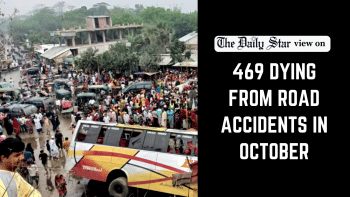
 For all latest news, follow The Daily Star's Google News channel.
For all latest news, follow The Daily Star's Google News channel. 
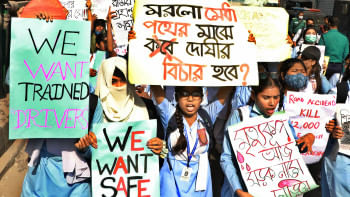
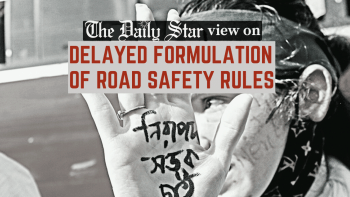


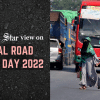

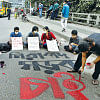




Comments